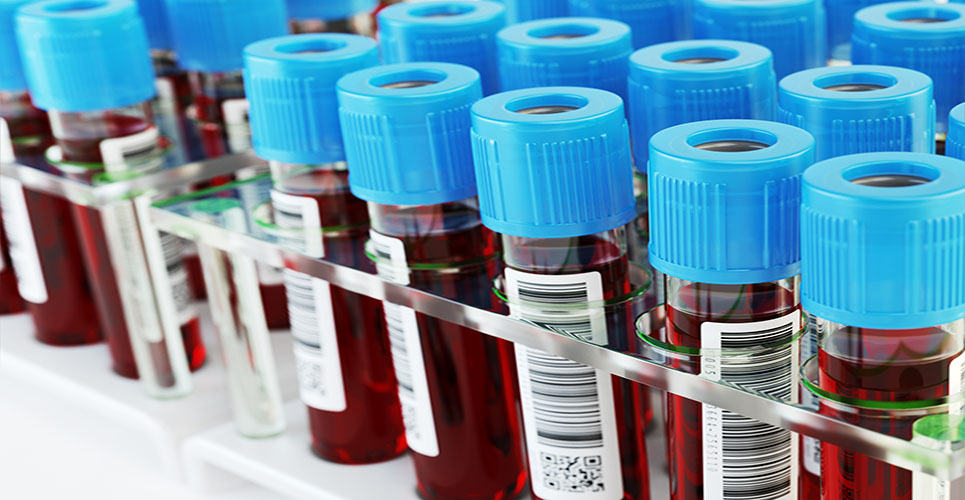teaser
Patients who do not respond to aspirin therapy are at increased long-term risk of cardiovascular morbidity, a systematic review and meta-analysis concludes.
According to the study, just published in the British Medical Journal, such patients, labeled “aspirin-resistant,” had an approximately fourfold increased risk for nonfatal and fatal cardiovascular, cerebrovascular or vascular events when taking aspirin compared with those classified as sensitive to aspirin.
The study authors note: “Not only did aspirin resistance have an effect on clinical outcome, but this risk was not ameliorated by currently used adjunct antiplatelet therapies.”
Study leader Dr Michael Buchanan, of Canada’s McMaster University, explained that it was not clear why a significant number of cardiovascular (CV) disease patients derived no benefit from aspirin therapy, nor how these patients might be identified.
Such patients have been termed aspirin-resistant because their platelets are not affected in the same way as platelets from individuals who seem to benefit from aspirin therapy.
Yet it remains unknown whether these patients simply receive too low an aspirin dose, are not compliant, have differing abilities to absorb aspirin, or have an underlying genetic disposition that makes aspirin ineffective.
Furthermore, few studies have addressed the impact of aspirin resistance on clinical outcomes.
To seek any relationship between aspirin resistance and clinical outcomes, Dr Buchanan and team reviewed the literature and conducted a meta-analysis on 20 studies involving 2,930 patients with CV disease who were receiving aspirin as an antithrombotic.
Patients were classified aspirin-resistant if their platelet response was not inhibited in vitro by aspirin.
Overall, 810 (28%) patients were classified as aspirin-resistant. These, regardless of underlying clinical symptoms, had a greater risk for death, acute coronary syndrome, failure in vascular intervention or a new cerebrovascular event.
Indeed, 39% of aspirin-resistant compared with 16% of aspirin-sensitive patients had any cardiovascular event, giving an odds ratio of 3.85 (p<0.001).
The odds ratios for acute coronary syndrome, graft failure, and new cerebrovascular event in aspirin resistant compared with aspirin sensitive patients were 4.06, 4.35, and 3.78, respectively.
Moreover, the odds ratio for mortality for aspirin resistant patients was 5.99 (p<0.003).
A planned sensitivity analysis revealed no evidence of a dose-response relationship between aspirin resistance and any cardiovascular outcome among patients who received aspirin alone or who received a second antiplatelet.
Furthermore, patients who were aspirin-resistant had no benefit from concomitant therapy with clopidogrel or tirofiban, or both.
Take part in our prize-draw survey

